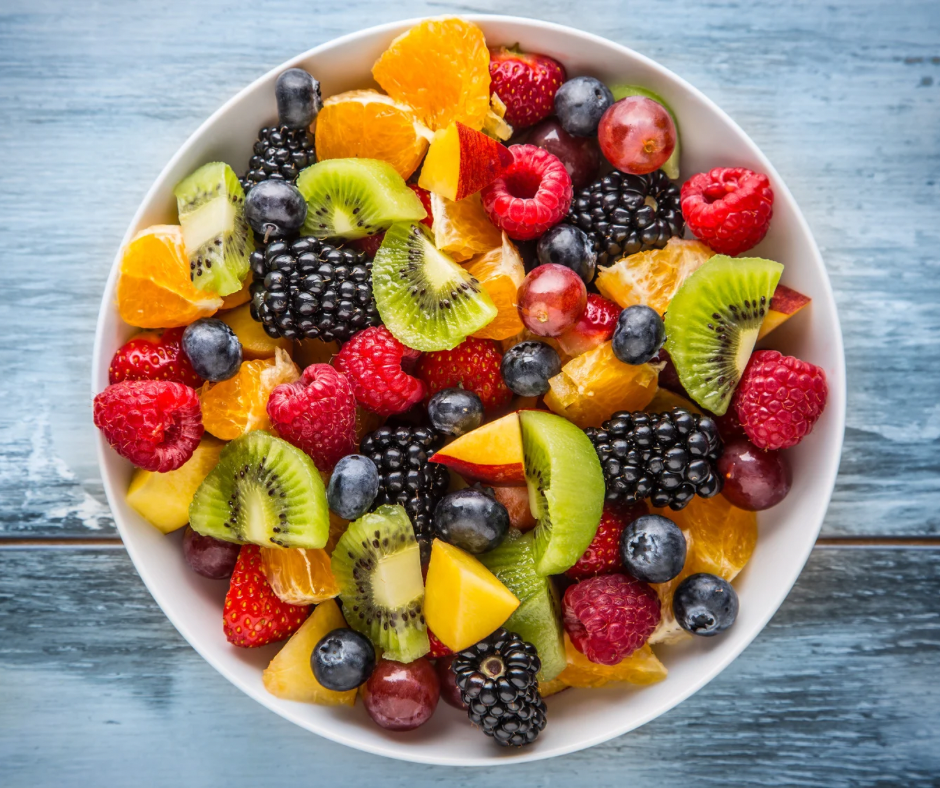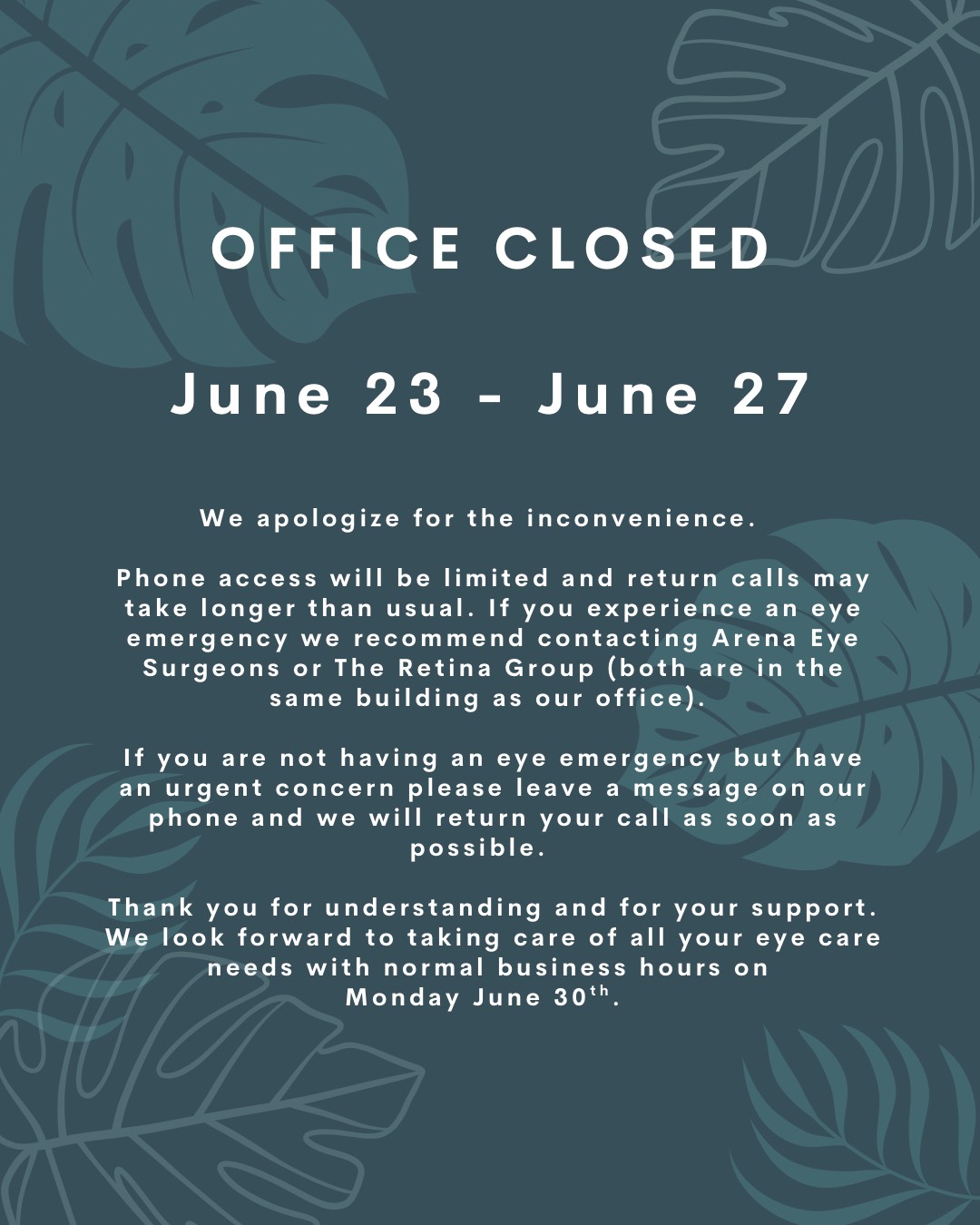
As an optometrist, I often get asked, “What can I eat or do to keep my eyes healthy?” And I love this question—because what you do every day matters. Your eyes are not separate from your overall health. They rely on a rich supply of nutrients and healthy habits to perform at their best, year after year.
Here are some of my favorite food and lifestyle tips to protect and nourish your vision:
1. Eat the Rainbow—Especially the Greens and Oranges
Certain nutrients are especially good for your eyes:
Lutein and Zeaxanthin: Found in dark leafy greens like spinach, kale, and collard greens. These antioxidants filter harmful blue light and support the health of the macula (the part of your eye responsible for central vision).
Vitamin C: Citrus fruits, berries, and bell peppers help reduce the risk of cataracts and support overall eye tissue.
Beta-Carotene: Carrots, sweet potatoes, and butternut squash contain this precursor to Vitamin A, which helps prevent night blindness.
Omega-3s: Fatty acids found in fish like salmon, sardines, and mackerel (or plant sources like flax and chia) reduce inflammation and support tear production—essential for dry eye relief.
2. Stay Hydrated
Your eyes need moisture to stay comfortable and function well. Dehydration can lead to dryness, irritation, and even blurry vision. Aim for plenty of water each day, especially if you’re spending time in dry environments or staring at screens.
3. Take Screen Breaks (The 20-20-20 Rule)
Digital eye strain is real. If you’re on a screen for long periods, follow the 20-20-20 rule:
Every 20 minutes, look at something 20 feet away for at least 20 seconds. This gives your eyes a much-needed reset and helps reduce fatigue and dryness.
4. Wear Sunglasses—Yes, Even on Cloudy Days
UV damage doesn’t take a break when it’s overcast. Long-term sun exposure increases the risk of cataracts, growths on the eye, and even certain types of eye cancer. Look for sunglasses that block 100% of UVA and UVB rays.
5. Don’t Skip Your Eye Exams
Even if your vision seems fine, regular comprehensive eye exams help us detect early signs of conditions like glaucoma, macular degeneration, and diabetic retinopathy—often before symptoms appear. Prevention and early treatment can protect your sight for life.
6. Get Moving
Exercise increases blood circulation and reduces pressure in the eyes. It’s also great for reducing your risk of diabetes and high blood pressure—two conditions that can damage the delicate blood vessels in the eye.
In Summary:
Your eyes are with you for life—so fuel them with good food, protect them from harm, and give them the care they deserve. As your optometrist, I’m here to help guide you through each stage of your eye health journey.
If it’s been a while since your last eye exam or you’re noticing any changes in your vision, schedule an eye exam today. Your best vision starts with proactive care.











